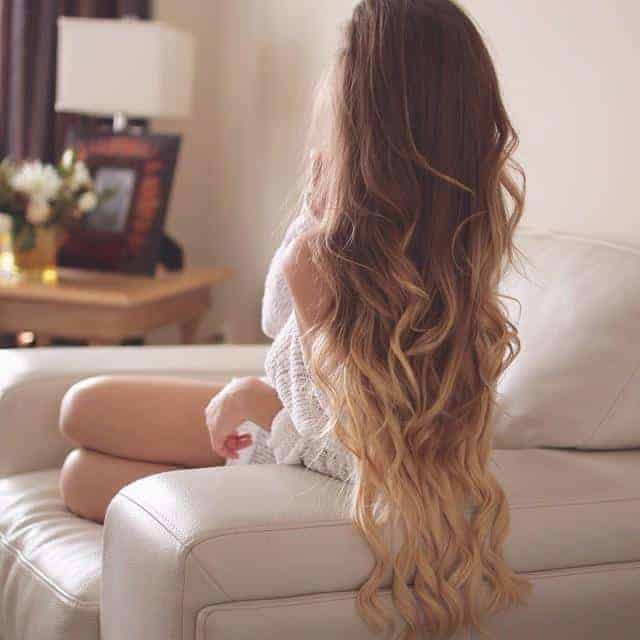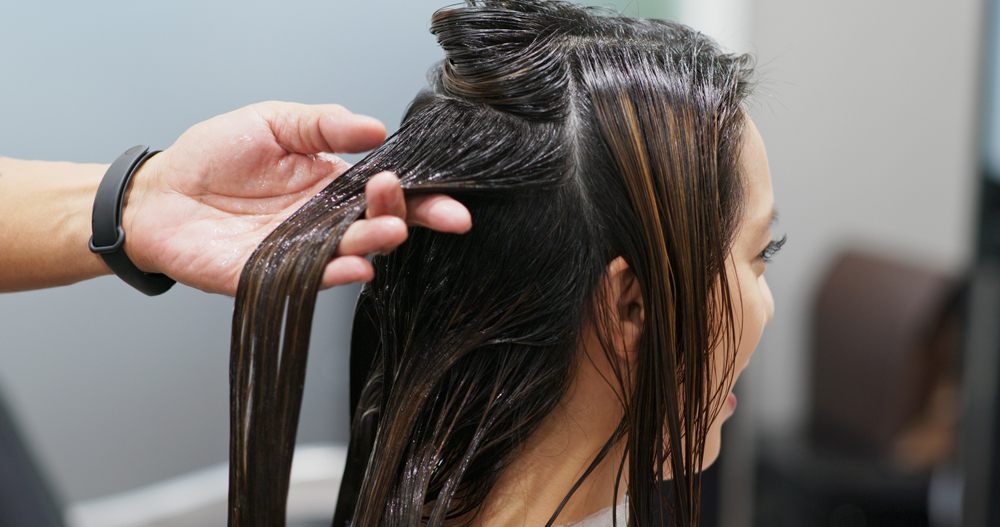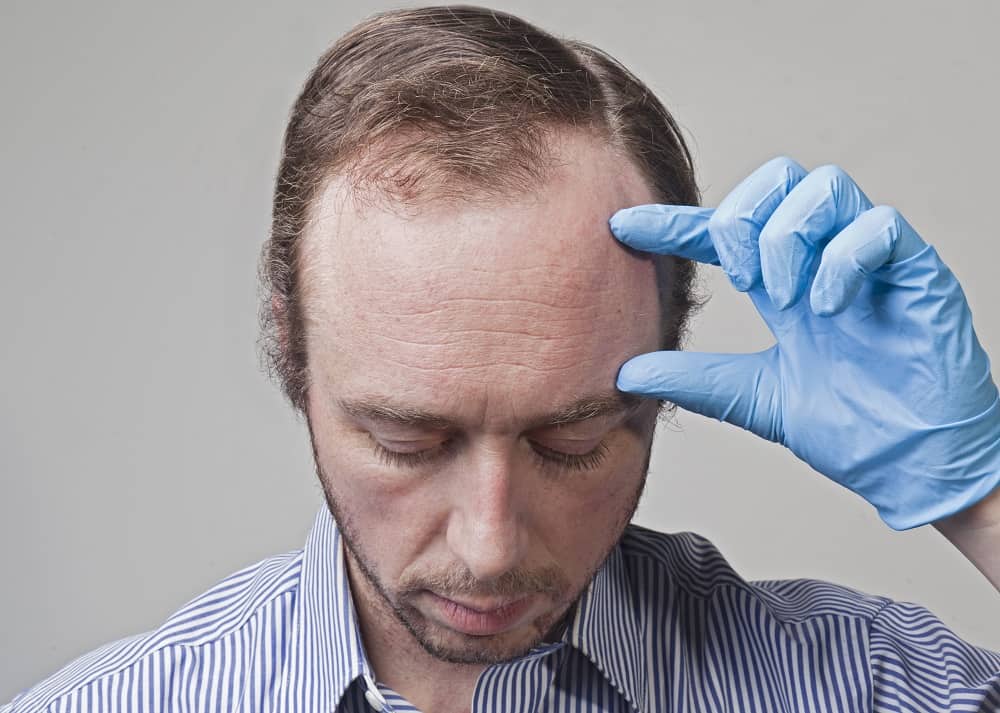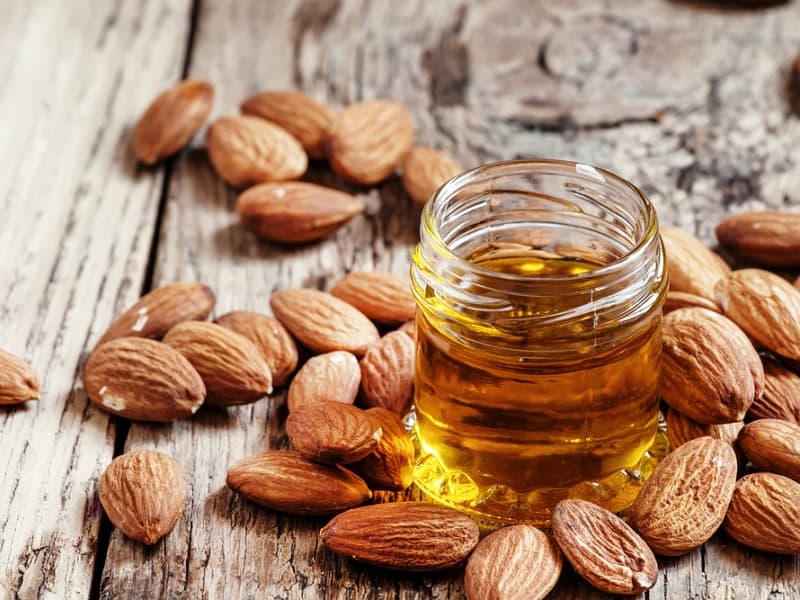At least once you must have heard of glycerin. The tasteless and odorless product is present in most cosmetic and beauty products, like soap, shampoo and hair conditioner, moisturizers and makeup. But do you know what it is for after all?
Glycerin has highly emollient and moisturizing properties, which means it can offer great hydration to the body. Especially when it comes to our hair, the ingredient has been widely used in home recipes to keep the strands always moisturized, frizz-free, smooth and shiny, and even make them stronger, which is essential to avoid split ends and breakage.
Glycerin for Hair Care
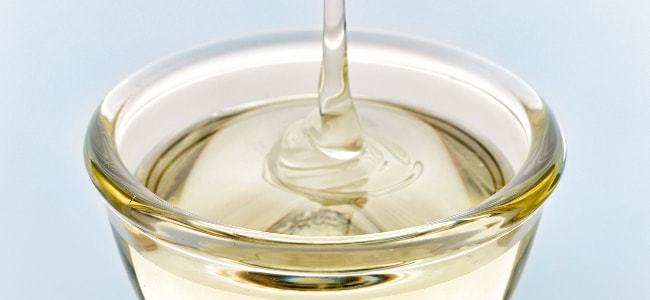
Many women have been choosing to apply glycerin purely in the locks since it can enhance the desired moisturizing effects. However, it’s worth pointing out that there are two types of glycerin: natural and synthetic.
The ideal is using natural glycerin to treat the locks, which is made from vegetable oils and is also called vegetable glycerin. The ingredient is water soluble, which makes it key in the composition of cosmetics and hair products.
This organic compound is made from palm and coconut fat hydrolysis, based in glycerol with water under high heat and pressure. Then it is distilled to remove excess water, thus achieving pure glycerin at a 99.3% rate. In pharmacies or cosmetic stores, you will find it as pure glycerin.
Do you want to know the benefits and how to use glycerin for hair? Then keep reading and I’ll tell you all about it!
What are the benefits of glycerin for hair?
Pure glycerin, which is the most recommended for hair, has moisturizing and emollient properties, which means its application can help deeply moisturize, strengthen and protect hair from drying.
In effect, the product has two features: absorbing water from the air and slowing down the rate of its evaporation from hair. Which means that in an open environment, with air humidity at 70% or more, the ingredient can attract that water and bring it into your hair strands, helping them keep it, since it forms a kind of protective barrier around them, so they are always hydrated.
RELATED BEST 10 ON AMAZON:
| IMAGE | TITLE | TRENDS | SEE MORE |
|---|
 | Sponsored Ad - Naissance Vegetable Glycerin (Glycerol) Liquid 4 fl oz - Pure, USP Pharmaceutical Grade, Kosher, Vegan, Pre... | 868.5 | MORE VIEW |
|---|
 | Africare Cococare 100% Glycerin- (CO20010), 8.5 Fl Oz | 4425.2 | MORE VIEW |
|---|
 | Color Wow One-Minute Transformation – Instant frizz fix; Nourishing styling cream smooths, tames + defrizzes on-the-spot; ... | 33948 | MORE VIEW |
|---|
 | Okay Pure Naturals, Jamaican Black Castor Oil Original Dark with Peppermint Oil, Moisture & Growth, Nourish + Invigorate, ... | 1152 | MORE VIEW |
|---|
 | Nexxus Humectress Moisturizing Conditioner for Dry Hair Ultimate Moisture Moisturizing ProteinFusion with Elastin Protein ... | 29478.4 | MORE VIEW |
|---|
 | Heritage Store Lavender Water & Glycerin, Soothing Facial Mist for Dry to Combination Skin Care, Refreshes, Hydrates & Cal... | 5009.4 | MORE VIEW |
|---|
 | NOW Solutions, Vegetable Glycerin, 100% Pure, Versatile Skin Care, Softening and Moisturizing, 16-Ounce | 170657 | MORE VIEW |
|---|
 | PURA D'OR Organic Moroccan Argan Oil (4oz / 118mL) USDA Certified 100% Pure Cold Pressed Virgin Premium Grade Moisturizer ... | 59976 | MORE VIEW |
|---|
 | Hydrating Argan Oil Hair Mask and Deep Conditioner By Arvazallia for Dry or Damaged Hair - 8.45 Oz | 203522 | MORE VIEW |
|---|
 | NOW Solutions, Vegetable Glycerin, 100% Pure, Versatile Skin Care, Softening and Moisturizing, 16-Ounce | 170657 | MORE VIEW |
|---|
 | Jason Skin Oil, Vitamin E 5,000 IU, All Over Body Nourishment, 4 Oz (Packaging May Vary) | 99852.2 | MORE VIEW |
|---|
 | OKAY | African Shea Butter | For All Hair Textures & Skin Types | Daily Moisturizer - Soothe Irritation | White Smooth Ref... | 94723.2 | MORE VIEW |
|---|
 | Heritage Store Rosewater Spray | Hydrating Mist for Skin & Hair | No Dyes or Alcohol | Vegan | 8 oz | 60 Day Money Back Gu... | 64390 | MORE VIEW |
|---|
 | PURA D'OR Organic Moroccan Argan Oil (4oz / 118mL) USDA Certified 100% Pure Cold Pressed Virgin Premium Grade Moisturizer ... | 59976 | MORE VIEW |
|---|
 | Color Wow One-Minute Transformation – Instant frizz fix; Nourishing styling cream smooths, tames + defrizzes on-the-spot; ... | 33948 | MORE VIEW |
|---|
 | Nexxus Humectress Moisturizing Conditioner for Dry Hair Ultimate Moisture Moisturizing ProteinFusion with Elastin Protein ... | 29478.4 | MORE VIEW |
|---|
 | Cantu Wave Whip Curling Mousse with Shea Butter for Natural Hair, 8.4 oz (Packaging May Vary) | 28800 | MORE VIEW |
|---|
 | OKAY Black Jamaican Castor Oil Moisture Growth Leave In Conditioner Helps Moisturize&Regrow Strong Healthy Hair Sulfate,Si... | 25375.5 | MORE VIEW |
|---|
Tips: "Amazon, Amazon Prime, the Amazon logo and Amazon Prime logo are trademarks of Amazon.com, Inc. or its affiliates". AS AN AMAZON ASSOCIATE, WE EARN AFFILIATE COMMISSIONS FROM QUALIFYING PURCHASES.















